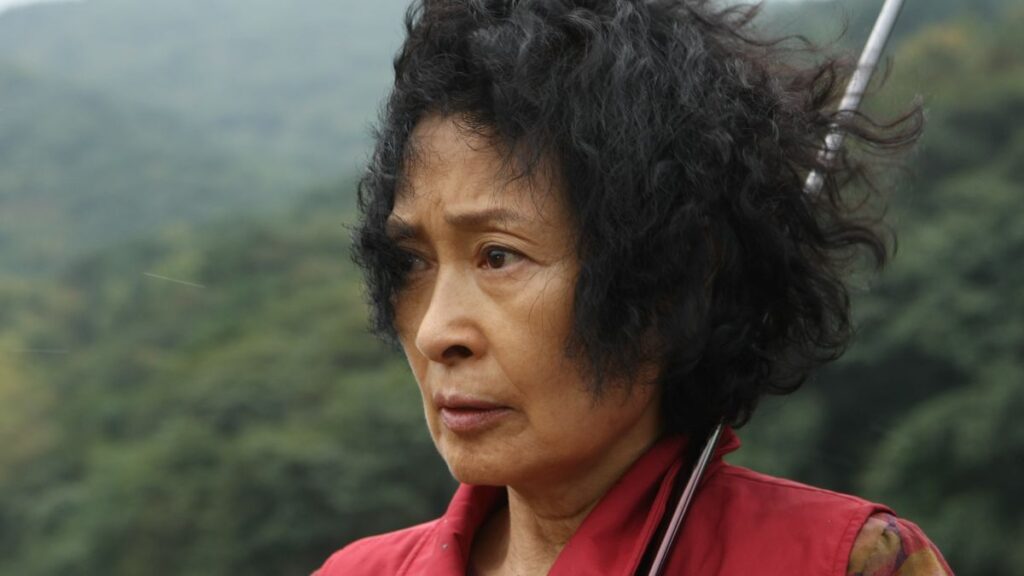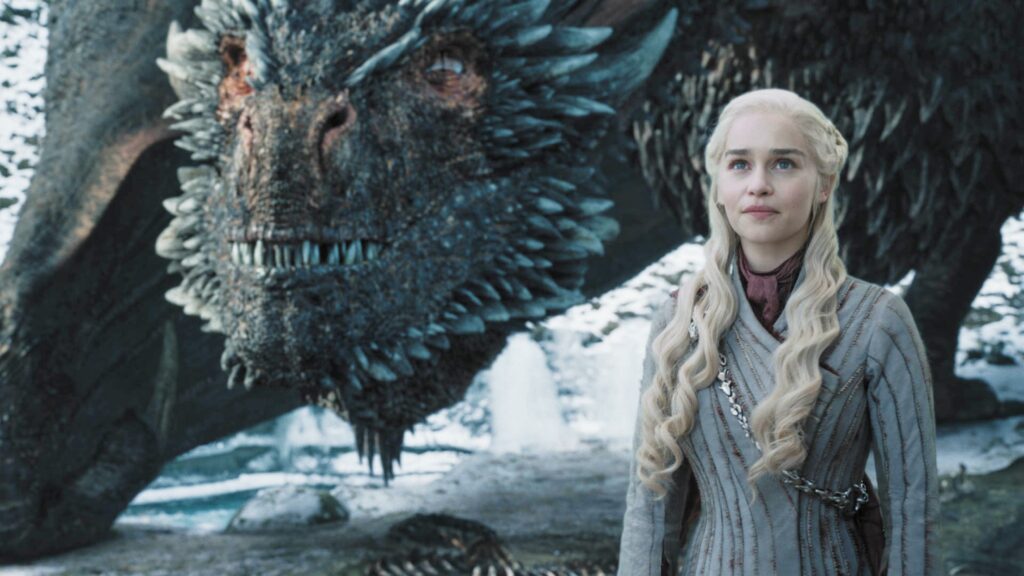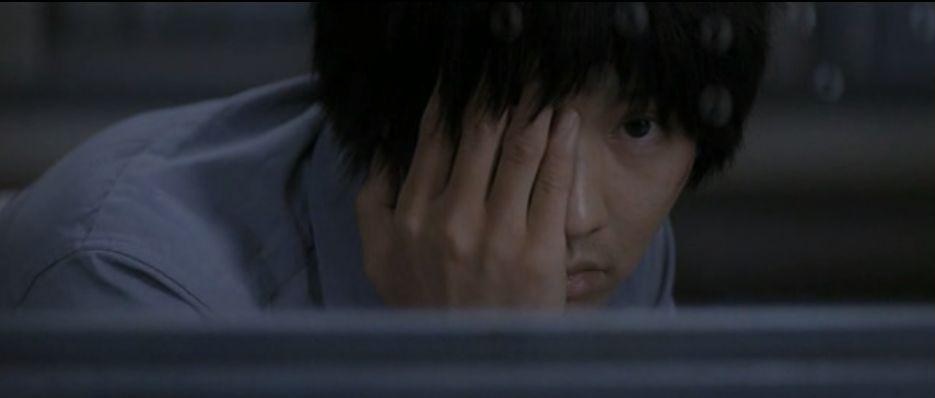
Before there was Parasite, Bong Joon Ho was already a well respected name in the film community. Though they did not get as much exposure as Parasite, his previous works are still masterpieces in their own right. One of those films is Mother.
Mother (2009) is a South Korean film directed by Bong Joon Ho that leaves you with an eerie feeling. Yoon Do-Joon (Won Bin) is in his mid twenties, but is too dim witted to take care of
himself. He lives with his overprotective mother (Kim Hye Ja) in an impoverished home, holding a reputation as the village idiot. He wakes up one morning to the cops at his doorstep, implicated in the murder of a high school girl. Distraught by her son’s arrest, Do-Joon’s mother makes it her singular mission to free him from jail, and will go to any length to do so.
The film earned dozens of awards, all of which it deserves. It would take hours to go through all of the things it does well in one sitting, and that’s not what I’m here to do. What I would like to focus on is the idea of trope inversion, and how it made Mother so great.
A trope, in this context, is a theme, idea, or narrative tool that is used repeatedly in fictional storytelling. It is similar to a cliché, but not quite. A cliché implies a lack of originality. Tropes are used repeatedly but can take various forms depending on the story it is in. If done right, a story using a trope can remain narratively unique. Just look at how many different stories there are that use the hero’s journey. But don’t get me wrong, they can be done wrong too.
And where there are tropes, there are trope inversions. It’s easy to confuse trope inversion with the concept of a plot twist. A plot twist is an unexpected development, whereas a trope inversion is a twisted take on an existing theme. Game of Thrones is a good example. There’s plenty of plot twists that I won’t spoil, but one prominent trope inversion in the show is its approach to revenge. A YouTube channel called “The Cosmonaut Variety Hour” has a great video explaining this concept. To paraphrase him, most revenge stories have us rooting for the vengeful character because we see it as justice, and they usually win in the end. Game of Thrones has its fair share of vengeful characters, but instead of letting those characters succeed, the show inverts the revenge trope by punishing those characters. Every character who sought vengeance is killed at some point in the show, except for one.

Mother inverts the…I don’t what to call it…The redemption trope? When a main protagonist is wrongfully implicated in a crime and must solve it themselves in order to return to their normal life. Typically, the character in question is able to endure hardship and come out the other end having defeated the antagonist. Some movies have different interpretations in which the protagonist emerges having lost something significant or even having failed. Mother’s take on the trope, however, is something I’ve never seen before.
SPOILERS
A majority of the movie is spent watching the mother looking into every possible method to free her son. Meanwhile, she is the only person in the entire town who believes her son is innocent. No matter what happens, we as an audience are certain that Do-Joon did not commit this murder. The mother’s investigation eventually leads to a suspicious looking man who was at the scene of the crime.
At this point, all the typical signs are in place. A mysterious murder. A misunderstood son and mother having to endure disbelief and hatred. A crime that the mother is slowly unraveling and a suspicious man who we’ve caught glimpses of. We as an audience are certain that the suspicious man is behind it all. The climax of the film must be about catching him.
But when the mother confronts him in his old shack, we find out that he wasn’t a criminal, but a witness. A flashback scene of his account shows us that Do-Joon killed the student with a rock and left the scene. The mother, overcome with shock and denial, impulsively kills the old man and burns his shack to the ground, leaving no witnesses. On Do-Joon’s side of things, the police suddenly find strong evidence against a different subject, and Do-Joon is freed. The mother and Do-Joon reunite and return to their normal lives; Do-Joon still unable to piece together that he killed the girl, and the mother in complete denial that it ever happened.

The protagonist wasn’t wrongfully implicated in some convoluted plan. It was as simple as it seemed. The mother and Do-Joon didn’t have to overcome some climactic adversity to return to their normal lives. Everything suddenly just works out on their own.
I would’ve still enjoyed the movie if Do-Joon was actually innocent and the mother actually frees him in the end. But once we learn the truth, we are in uncharted narrative territory. We have no frame of reference for the story unfolding before us, because it doesn’t fit any structure we’ve seen before, making it all the more entertaining.
In hindsight, it seems so simple. It’s just flipping everything we expect to see in a redemption trope. And yet, this kind of backwards thinking combined with such masterful storytelling, is hard to come by. Mother is proof of how powerful a trope inversion can be and that even simple ideas can be turned into so much more in the right hands.
Go give it a watch!